Participants
-
If you feel you may be a good fit for one of our studies, or would just like to learn more about the work that we do, please send all inquiries to uplift@yale.edu.
Please also navigate this link to provide us with some basic demographic information and permission to contact you.
WE ARE SEEKING HEALTHY CONTROLS IN ADDITION TO CLINICAL SUBJECTS.
-
We use 2 neuroimaging techniques for our current studies: fMRI and PET.
What is fMRI?
Functional Magnetic Resonance Imaging (fMRI) is a safe and painless way for us to take images of your brain. Essentially, fMRI is a giant magnet that interacts with the magnetic properties within our own blood to create a spacial map of the brain. During an fMRI, you can expect to rest in the scanner bed for about one hour. We try to make the scan process as comfortable as possible and are able to communicate with you throughout the scan process.
What is PET?
Similar to an fMRI, PET scans are a way to take pictures of your brain. PET is able to examine brain functioning a step further by using a radiotracer to track specific brain processes on a molecular level. The PET scan itself is safe and painless; however, participants must receive an IV and arterial line throughout their scan in order for us to capture complete and accurate measures. If you know yourself to be claustrophobic or sensitive with blood draws, please feel welcome to contact our lab (uplift@yale.edu) to discuss scan details further and accommodate your needs.
What questions will I be asked?
Throughout your participation with UPLiFT, we will be asking you questions about your demographics, health history, mental health experiences, and mood state. The goal in asking these questions is to try to connect interpersonal and lived experiences with specific neurological processes in those with mental health conditions. Please note that all of our clinicians and RAs have received robust training on how to discuss sensitive topics with care, and we will never ask you to share more details than you are comfortable with.
Will my information be kept private?
Absolutely! With your permission, your records will be retained by UPLiFT staff but they will never be shared beyond our lab. If ever we would like to pass on your information to another lab group at Yale, we will first ask for your informed consent. YOU MAY ASK TO WITHDRAW FROM OUR STUDIES AND/OR HAVE YOUR RECORDS PERMANENTLY DELETED AT ANY TIME.
-
Currently, there are no FDA-approved targeted medications that are specific for treatment of BPD or suicide behaviors. There are only two medications that the American Psychological Association (APA) recommends for the treatment of PTSD, and they are both SSRIs. While SSRIs can be effective in treating trauma-related psychopathology in some individuals, more precise medication is needed to provide healing and remittance from trauma-related symptoms in all.
PET is a frontline method used to research brain-specific, molecular level, pharmacological interventions, also known as precision psychiatry. We hope that, through our research, we can better understand trauma-related psychopathology at a molecular level and use this critical information to guide the development of life-changing medication for trauma-related psychopathology universally.

